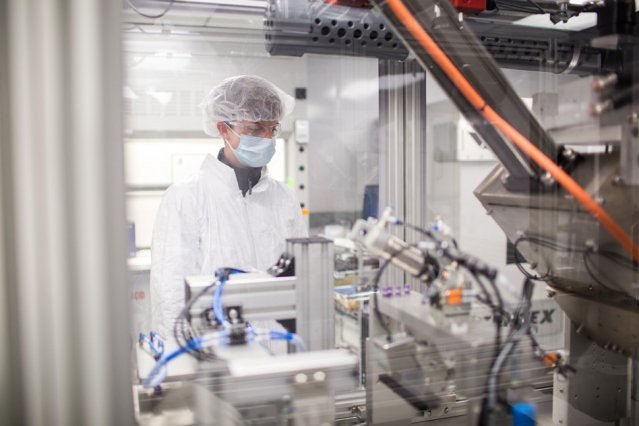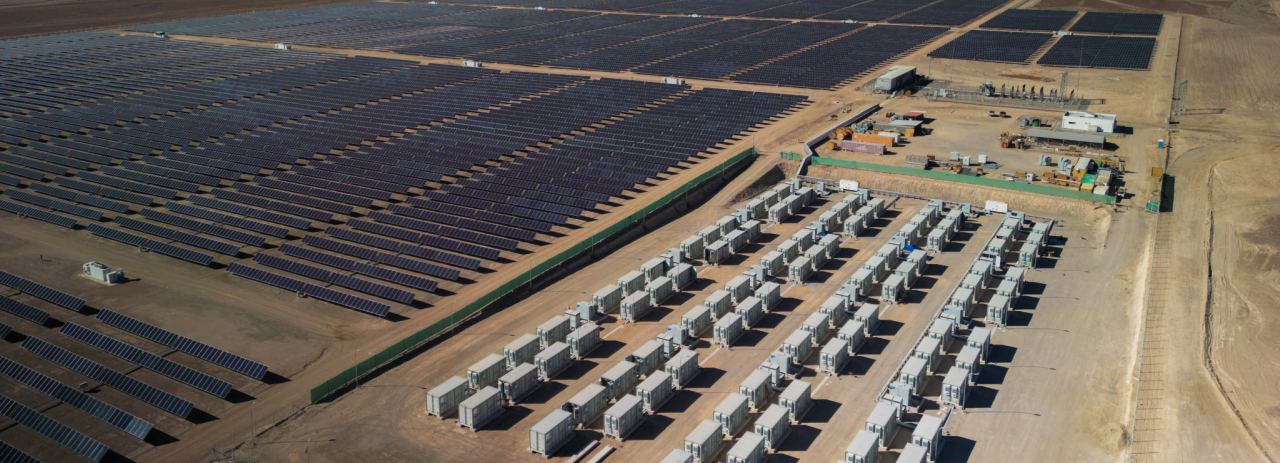EIT InnoEnergy, France inks MoU to launch EBA250 academy for upskilling workforce
EIT InnoEnergy and France have signed a memorandum of understanding (MoU) to launch the EBA250 Academy to retrain and develop tens of thousands of workers for the French battery industry. As one of the main players within the framework of the European Battery Alliance (EBA), France - with three gigafactories in the making and scheduled for operation in 2023 - has a growing need for engineers and specialized technicians. To fill this gap, IET InnoEnergy, which coordinates the industrial work within the framework of the EBA, will be the spearhead of a platform for sharing the
EIT InnoEnergy is an innovation community supported by the European Institute of Innovation and Technology (EIT), a body of the European Union. This public-private partnership will help close the emerging skills gap, with around 800,000 skilled workers needed in the European battery industry by 2025. This comprises the lack of transferable digital skills needed to support the digitalization of the whole of the value chain, from factory automation with Industry 4.0 to the application of AI. The requalification of the workforce will be essential for Europe to achieves its "Green Deal" objectives by preserving a sufficient battery capacity to be put forward to support the electrification of transport and the decarbonization of energy.
Welcoming this announcement, Thierry Breton, European Commissioner for the Internal Market, said: "The European battery project is at the heart of our ambition for a green, digital and resilient European industry. For the EU's battery value chain to be competitive and sustainable, it is essential to support our workforce in developing the necessary skills, following the Skills Pact. This partnership will make it possible to train 150,000 people in France by 2025 to support the transition of jobs to electric mobility and to strengthen the competitiveness of the European battery industry. "
EIT InnoEnergy plans to urgently deploy its training program in France and throughout Europe to develop staff for technicians, engineers, and researchers. The courses have been designed by experts currently working in the battery industry and will cover a range of topics from electromobility, residential and network storage, to recycling and data science. Modules will be delivered online by local training organizations, although some may require a physical presence at local training institutions. Any engineer or manager working in the energy field can apply.
Diego Pavia, CEO of EIT InnoEnergy, said: "The EBA250 Academy will strengthen the skills of the people who will design and operate the European battery value chain, from upstream to recycling. It ensures that we can achieve the € 250 billion annual value chain for batteries by 2025, as envisioned in 2017 when European Commission Vice-President Šefčovič launched the European Alliance for Batteries. batteries and mandated EIT InnoEnergy to lead the industrial ecosystem. It is also a perfect example of how Europe is succeeding in responding to the increase in skills of our employees and in creating the new value-added jobs required by the green transition.
Commission Vice-President Maroš Šefčovič, in charge of the European Battery Alliance, said: "2021 could be another defining year for the European Battery Alliance - also thanks to our determined collective action to respond to the rapidly emerging skills development. The new battery industry demands a new set of skills. Re-qualification and upgrading programs, such as the TSA250 Academy, will therefore help match skills to labor market needs and strengthen the social dimension of recovery in Europe. In this context, I am happy to note that Europe remains a global hot spot for battery investments. By 2025, we should be making enough battery cells each year to power at least six million electric cars. "
Along with France, EIT InnoEnergy has already set up the ABE250 Academy in Spain and plans to roll out the program across Europe in 2021.






















